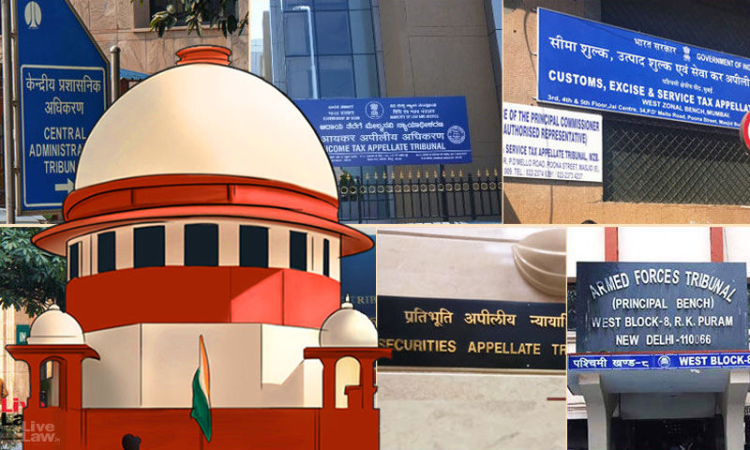The Central Government has filed a counter-affidavit before the Supreme Court defending the constitutional validity of the recently passed Tribunals Reforms Act 2021. The affidavit has been filed responding to the writ petition filed by Madras Bar Association, which has argued that the Act is unconstitutional for violating the directions issued by the Supreme Court in previous judgments.At...

